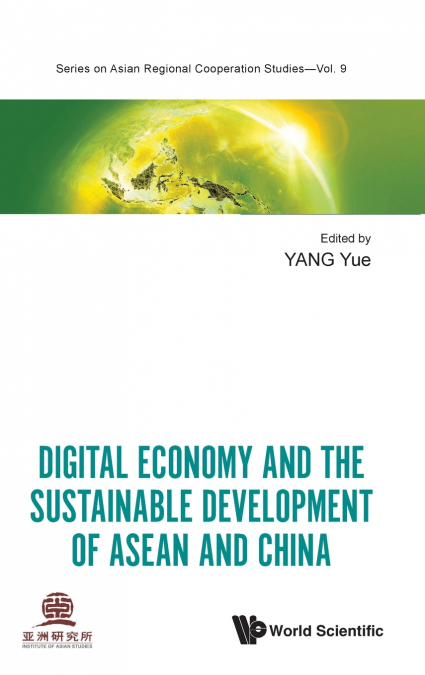
YUE YANG
The global public health crisis of COVID-19 highlights the importance of digital technology. The digital economy is also booming during the pandemic, which has become one of the major driving forces of economic recovery. Given the vital importance of digital technology and the digital economy, this book provides an in-depth understanding of their implications for the sustainable development of ASEAN-China relations from various perspectives. In addition, authors also contribute their resourceful insights on the sustainable development of both China and ASEAN Member States (AMS) through the lens of eco-tourism, carbon neutrality, social inequality, and others.This book provides a series of high-quality policy recommendations. Specific policy recommendations include: 1) China and ASEAN should launch a project to identify connectivity gaps and detail how this might evolve in future investment in digital and ICT (science, technology and innovation). 2) Efforts should be intensified in digital literacy programs, capacity building, and promotion of digital skills to build workforce capacity in the digital age. 3) As a pacesetter in the digital inclusion agenda in the healthcare sector, China can cooperate with other AMS on digital healthcare projects. 4) Action plans should increase collaborative manufacturing and develop mutual trust in supply chains. 5) China and ASEAN should align STI policies with industrial policies and cooperate in adopting frontier technologies while diversifying their production bases by mastering many existing technologies.6) ASEAN and China should continue facilitating e-commerce, including paperless customs clearance, electronic transaction documents, digital authentication, and electronic and online payments.